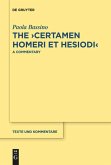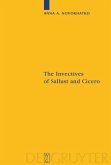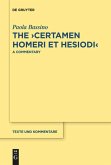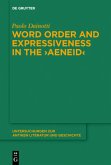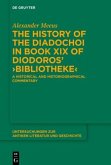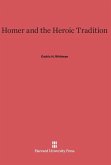Despite the relevance of astrology in Graeco-Roman mentality, our information about the early period of Hellenistic astrology is marred by the scarcity of original sources. Personal astrology did not take off until the late Hellenistic period, due to the more substantial Hellenization of Mesopotamia facilitating the import of Babylonian theories. The most relevant doctrines, mostly surviving as references and partial paraphrases in later authors and astrological miscellanies, are attached to the pseudepigraphical names of Nechepsos and Petosiris, which have been traced back to the Egyptian Demotic tradition. Critodemus, who is classified as a later author even if Firmicus Maternus invokes him as a founding authority, appears as a parallel to these Egyptian transmitters, in that he presented astrology, like them, in the form of a didactic poem, but employing an Orphic frame instead of Egyptian. By collecting, contextualizing, and analyzing all the evidence on this author, this book establishes a relatively early chronology for Critodemus and aims both at distinguishing his original contributions and at explaining the various forms in which his text was used and modified in the later tradition.
Hinweis: Dieser Artikel kann nur an eine deutsche Lieferadresse ausgeliefert werden.
Hinweis: Dieser Artikel kann nur an eine deutsche Lieferadresse ausgeliefert werden.


